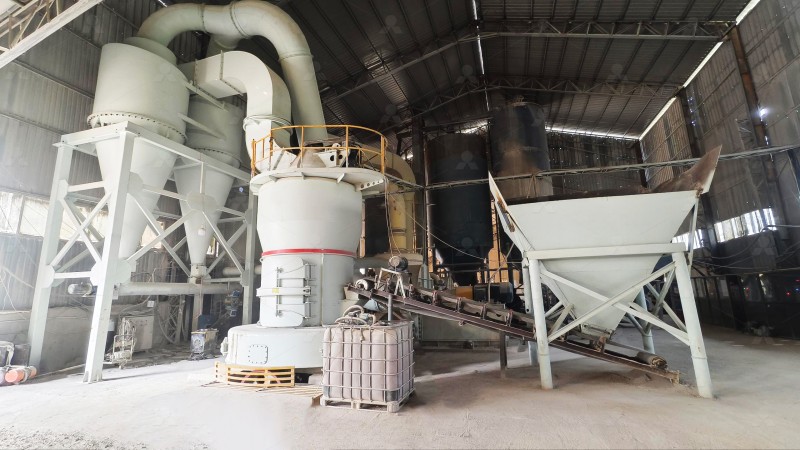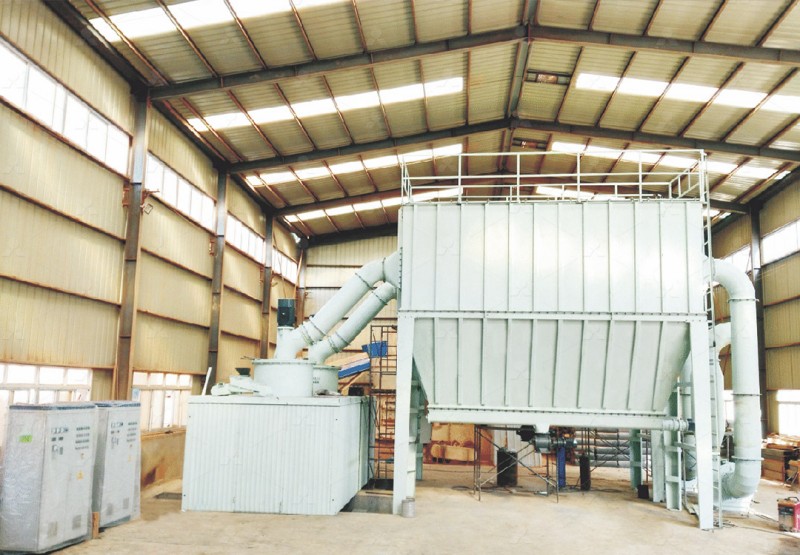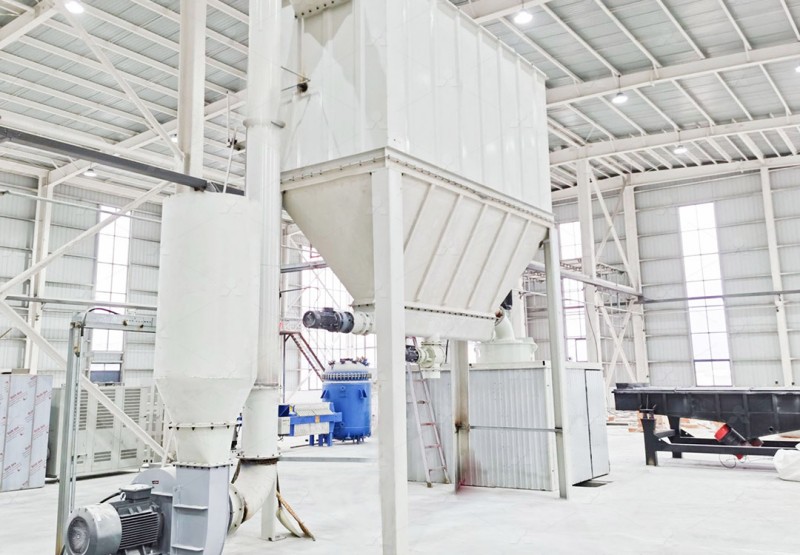Grinding Mill Equipment in South Africa: Types, Prices, and Suppliers
Grinding Mill Equipment in South Africa: Types, Prices, and Suppliers
The mining and construction industries in South Africa are pillars of the economy, demanding robust and efficient grinding mill equipment for processing a vast array of materials, from precious minerals to industrial raw materials. Selecting the right grinding mill is crucial for optimizing productivity, minimizing operational costs, and ensuring final product quality. This article provides an overview of common mill types, general pricing considerations, and highlights a leading supplier in the region.
Common Types of Grinding Mills
The choice of grinding mill depends heavily on the material’s hardness, desired fineness, and required capacity. Here are some of the most widely used types:
- Ball Mills: A traditional and versatile workhorse. These rotating cylinders use steel balls to crush and grind material. They are suitable for both wet and dry grinding and are known for their reliability, though they can be less energy-efficient for very fine grinding.
- Raymond Mills (Roller Mills): Excellent for grinding non-flammable and non-explosive materials with Mohs hardness less than 7 and humidity below 6%. They are prized for their ability to produce a fine and consistent powder, typically between 50-450 mesh.
- Vertical Roller Mills (VRM): These have become increasingly popular due to their significantly higher energy efficiency compared to ball mills. VRMs integrate crushing, grinding, drying, and classification in a single unit, saving space and power. They are ideal for grinding cement raw materials, coal, and slag.
- European Trapezium Mills (MTW/MTW-Z): An advanced generation of ring-roller mills. They feature improved efficiency, lower energy consumption, and a longer lifecycle for wear parts due to technologies like dilute oil lubrication for rollers and advanced powder concentrators.

Pricing Considerations
It’s impossible to give a single price for a grinding mill, as costs vary dramatically based on several factors:
- Type and Model: A simple ball mill will cost significantly less than a large, fully automated vertical roller mill.
- Capacity (tph): Higher capacity machines require more robust construction and larger motors, increasing the price.
- Customization: Add-ons like advanced automation systems, special wear protection, or specific dust collection requirements will add to the base cost.
- Supplier and After-Sales Service: Established brands with proven reliability and strong local after-sales support often command a premium, which can be worth it for reduced downtime.
As a rough guide, smaller capacity mills can start from tens of thousands of USD, while large, high-capacity, custom-built systems can run into millions. Always request a detailed quotation based on your specific needs.
Featured Supplier and Product Recommendation: LIMING
When looking for a reliable supplier in South Africa, LIMING Heavy Industry stands out as a top-tier manufacturer with a global reputation. They offer a comprehensive portfolio of grinding mills backed by strong technical support and a commitment to providing original spare parts.
For operations requiring ultra-fine powders, we highly recommend considering the MW Ultrafine Grinding Mill. This machine is expertly designed for customers who need to make ultra-fine powder between 325-2500 meshes. A key advantage is its innovative design that eliminates rolling bearings and screws inside the grinding chamber, virtually eradicating concerns about bearing failures or loose screws causing damage. Furthermore, it’s equipped with an efficient pulse dust collector and muffler, making its operation remarkably eco-friendly with minimal dust and noise pollution. With an input size of 0-20mm and a capacity ranging from 0.5 to 25 tph, it’s a versatile solution for processing materials like limestone, calcite, talc, and cosmetics additives.

For high-volume mineral processing, another excellent option from LIMING is the LUM Ultrafine Vertical Grinding Mill. This mill combines advanced Taiwanese grinding roller technology and German powder separating technology. It boasts higher yielding rates and better product quality, often reducing energy consumption by 30%-50% compared to conventional mills. Its reversible structure is a maintenance game-changer, allowing operators to easily move the grinding roller out of the body for inspection and part replacement, drastically reducing shutdown time. With a capacity of 5-18 tph, it’s perfect for superfine dry powder production of non-metal ores.
Conclusion
Choosing the right grinding mill is a critical investment for any South African operation in mining, construction, or chemical processing. Understanding the different mill types and their applications is the first step. Partnering with a reputable supplier like LIMING, known for robust engineering, energy-efficient designs like the MW and LUM series, and comprehensive local support, ensures your operation is equipped for long-term productivity and success. Always conduct thorough trials and consult with experts to match the perfect mill to your specific material and production goals.

